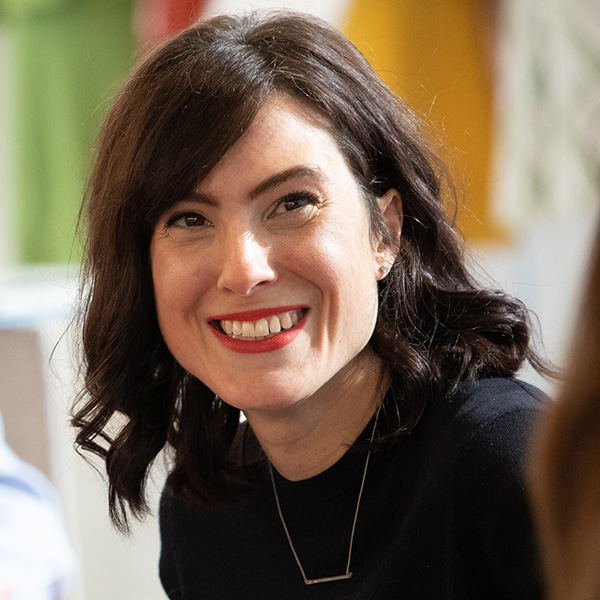
May 22, 2023 01:00 AM
Featured Stories
How Jools Lebron’s ‘very demure’ viral catchphrase turned into a business model
Jools Lebron sat down with Ad Age after her fireside chat to pull back the curtain on how she’s evolving her approach to brand partnerships.




